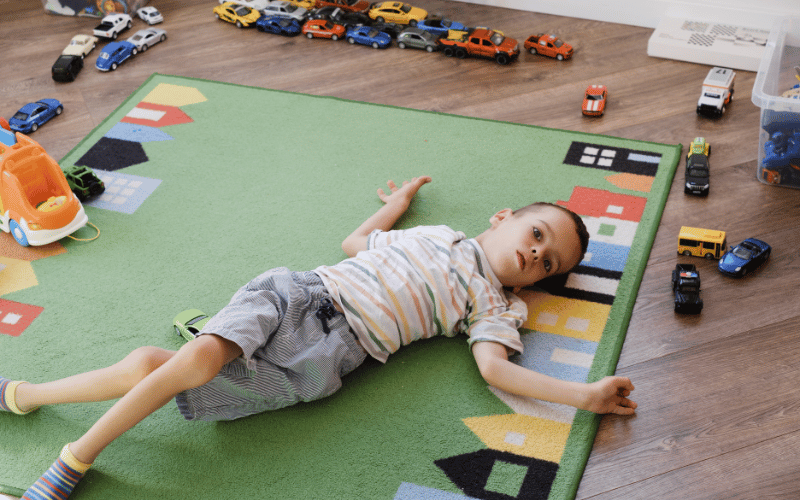6. Chronic Fatigue: The Hidden Struggle of DCP

The continuous effort to control movements in DCP often leaves individuals feeling chronically fatigued. This is more than just feeling tired – it’s an exhaustion that can impact every aspect of an individual’s life. The constant struggle to move and the mental effort needed to control unpredictable movements can be draining, both physically and mentally.
Fatigue can impact an individual’s ability to participate in daily activities, such as going to school or work, performing household chores, or engaging in social activities. It can also affect an individual’s mood and cognitive function, potentially leading to irritability, difficulty concentrating, and reduced motivation.
In addition, fatigue can create a vicious cycle. Fatigue can make movement control more challenging, which can exacerbate the symptoms of DCP, which in turn can lead to increased fatigue. Breaking this cycle requires a multifaceted approach, incorporating physical therapy to improve movement efficiency, adequate nutrition and hydration, good sleep hygiene, and, in some cases, psychological support to manage stress and anxiety. (6)